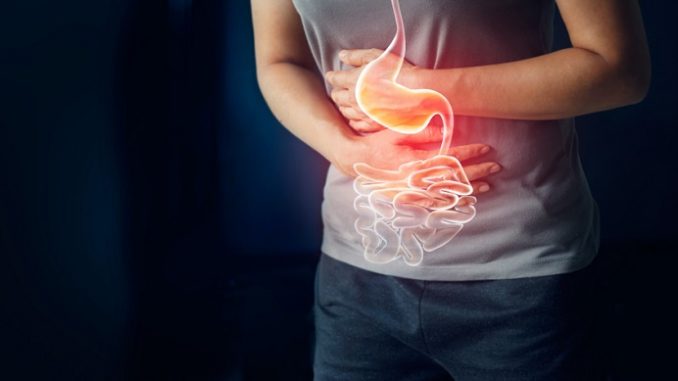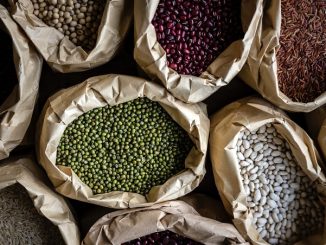
Gastroparesis is a common non-motor symptom of Parkinson’s. Also known as slow stomach emptying, gastroparesis slows the movement of food from your stomach to your small intestine. It can greatly impact your quality of life, nutrient intake and the effectiveness of levodopa (one of the main medications used to treat Parkinson’s symptoms). Diet advice from a Dietitian will benefit you if you have slow stomach emptying.
Levodopa-containing medications
Slow stomach emptying can delay the delivery of Levodopa to your small intestine resulting in a delayed onset of action. With this condition, food can remain in your stomach for an abnormally long time; and any Levodopa taken while your stomach is full will be unable to exit into your small intestine. Instead, the Levodopa must wait until your stomach clears. This delay may be minimised by taking Levodopa on an empty stomach e.g. about 30 minutes before meals.
Symptoms
Symptoms may be mild or severe and include:
- Nausea and/or vomiting
- Retching
- Stomach discomfort or pain
- Bloating
- Not being able to finish a normal sized meal
- Feeling excessively full after meals
As slow stomach emptying can cause a decline in nutritional status it is important to talk to your treating doctor or Neurologist if you are experiencing symptoms. Treatment options include dietary management and medication.
Dietary management of slow stomach emptying
Diet advice from a Dietitian will benefit you if you have slow stomach emptying. The following recommendations rely on measures that optimise stomach emptying:
- Chew food well and select foods that are easy to chew and swallow. In more severe cases of slow stomach emptying, consider pureeing food.
- Eat smaller and more frequent meals e.g. eating 5-6 small nutritious meals per day instead of eating 3 larger meals. Remember the larger the meal, the slower the stomach will empty.
- Drink nourishing liquids.
- Eat foods that are low in fat as fat tends to delay stomach emptying. Fat containing liquids may be tolerated.
- Limit intake of bulky high fibre foods as fibre tends to delay stomach emptying.
- Avoid carbonated/fizzy drinks and alcohol.
- If you are diabetic, optimal blood sugar level control may improve your symptoms of slow stomach emptying.
Gastroparesis or slow stomach emptying can impact your quality of life, nutritional status and the effectiveness of levodopa. If you or your loved one is experiencing this non-motor symptom talk to your treating doctor or Neurologist and consider seeing a Dietitian to help manage this condition.
Sources:
-
International Foundation for functional gastrointestinal disorders, 2017, Signs and symptoms, Motility disorders
-
Marrinan SL, 2014, Gastroparesis symptoms in Parkinson’s disease – Correlation with motor and non-motor symptoms and exploration of a novel drug to improve gastric emptying (Thesis)
-
Poirier A. et al, “Gastrointestinal Dysfunctions in Parkinson’s Disease: Symptoms and Treatments,” Parkinson’s Disease, vol. 2016, Article ID 6762528, 23 pages, 2016.
-
Camilleri M. et al, American College of Gastroenterology, Clinical Guideline: Management of Gastroparesis, AM J Gastroenterol. 2013; 108(1):18-37
Parkinson Diet – Terms & conditions / Privacy policy


